Category: Herbs & Supplements

Chiropractic Internist: A “specialty” to avoid
The "chiropractic internist" is the creation of an industry association which promotes chiropractors as "primary care physicians." After 300 hours of instruction in a hotel conference room, they claim they can treat "anything that a medical doctor can."

Detox Scams are Worthless and Potentially Dangerous
A case report of a healthy woman who landed in intensive care due to her New Year's detox regimen highlights that detox treatments are a dangerous scam.
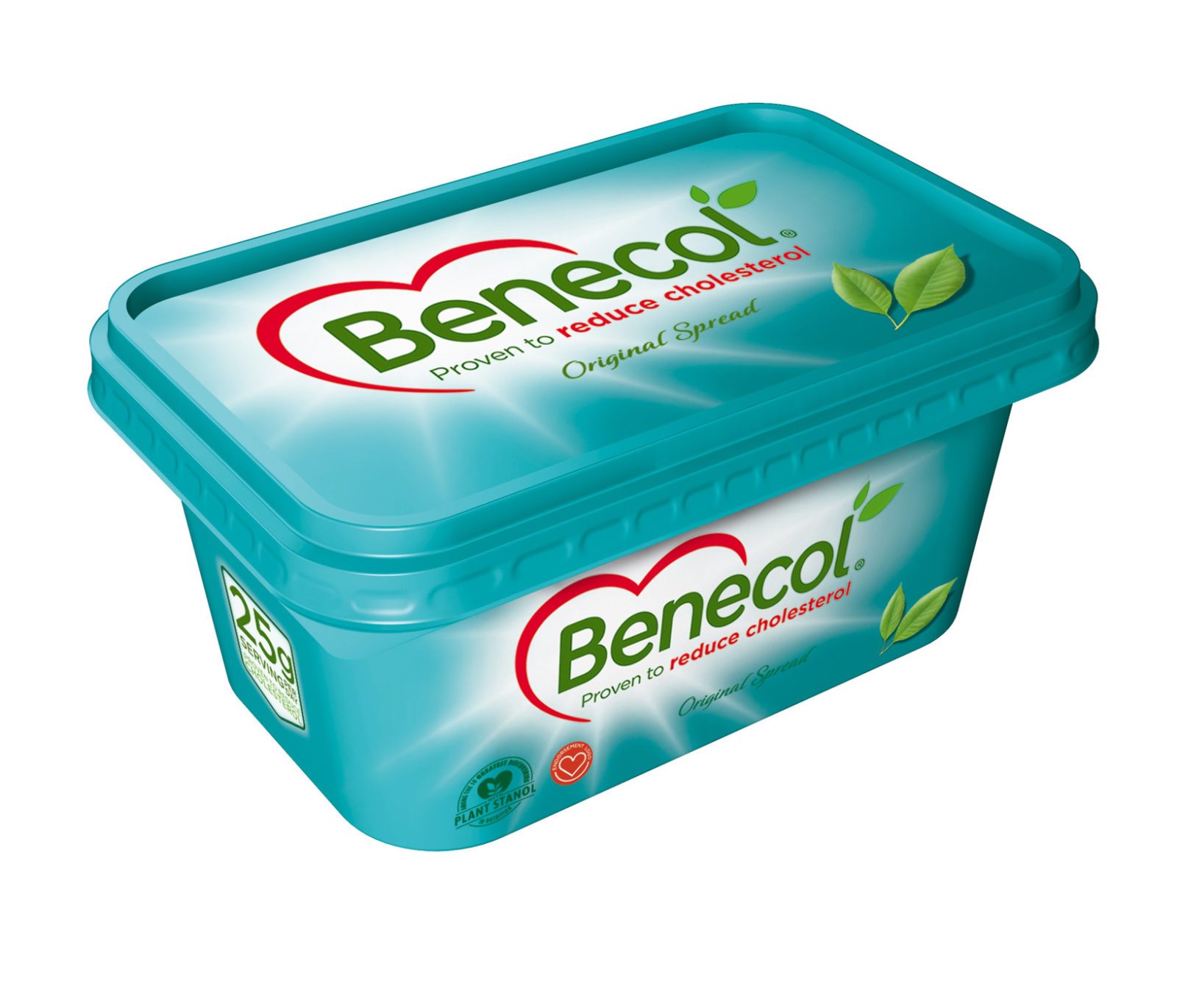
A review of Benecol, a plant-stanol margarine
Most nutraceuticals don't really work as advertised. For the most part, Benecol pretty much does. But is it worth it?
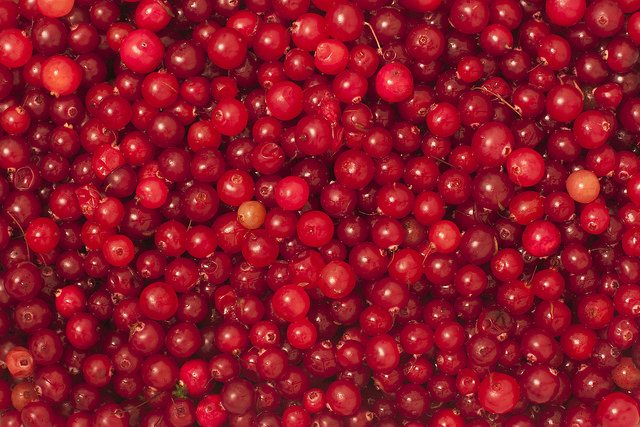
Cranberries to prevent urinary tract infections: Another alternative medicine zombie that’s impervious to evidence
How much evidence will it take before the idea of cranberries for urinary tract infections is finally dead and buried?
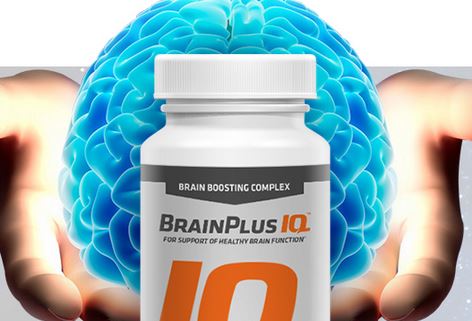
BrainPlus IQ: Lying with Advertising
I got an email urging me to check out a wonderful new product that boosts brain performance: it “doubles IQ, skyrockets energy levels, and connects areas of the brain not previously connected.” It is BrainPlus IQ, a dietary supplement that falls into the category of nootropics, substances that enhance cognition and memory. After looking into it, my first thought was that if...
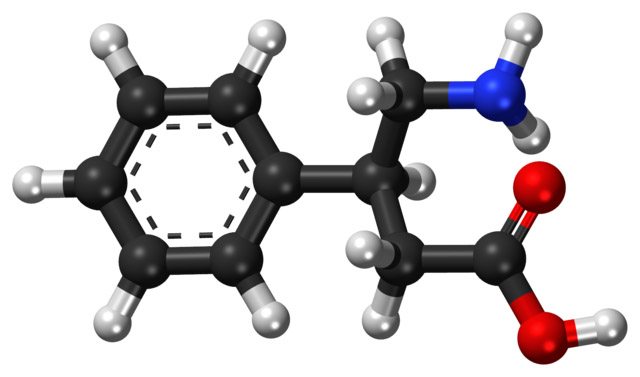
Phenibut Is Neither Proven Nor Safe As A Prosocial Wonder Drug
Editor’s note: With Mark Crislip away on yet another vacation, we present an inaugural guest post from Abby Campbell, a practicing MD, Ph.D and contributor at HealthyButSmart.com. Welcome Abby! On average for the past year, phenibut has been typed into google 49,500 times a month. Phenibut is a supposed wonder drug that claims to promote sociability and lessen anxiety. When people run...

What are health professionals telling consumers about dietary supplements?
The popularity of dietary supplements continues to grow. A few weeks ago I described how dietary supplements have become a $34 billion industry, despite the fact that there’s very little evidence to support their use. While there are absolutely some medical circumstances where specific supplements may be warranted, the vast majority of supplements are taken for general purposes, such as “wellness” or...

“Donald Trump’s presidential election win stuns scientists”
Scientists in the U.S. and from around the world are weighing in on Donald Trump’s election as the next president of the most powerful country on earth: Trump will be the first anti-science president we have ever had . . . The consequences are going to be very, very severe. Michael Lubell, director of public affairs for the American Physical Society in...
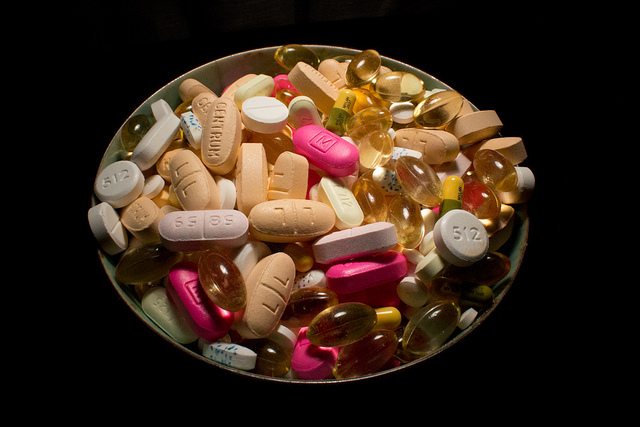
Supplements: Still popular despite little evidence they’re useful
As healthcare systems struggle to cope with growing and aging populations, there is renewed interest in eliminating wasteful, and possibly harmful, care. The Choosing Wisely campaign suggests that up to 30% of health care services may be unnecessary. Driven by the medical profession itself, Choosing Wisely is challenging both patients and health care providers to have an honest dialogue about the appropriateness...
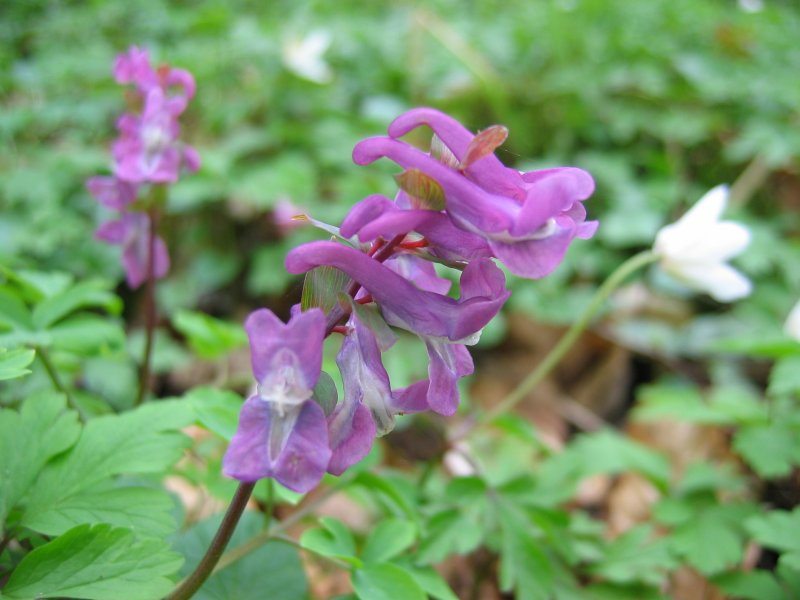
Corydalis: An Herbal Medicine for Pain, with Some Thoughts on Drug Development
Ever since William Withering published his classic treatise on Foxglove in 1775, science has been testing herbal medicines and trying to establish a scientific basis for the ones that work. As many as half of today’s prescription drugs were derived from plants. A new study published in Current Biology by Zhang et al. has identified a compound in a traditional herbal remedy...

